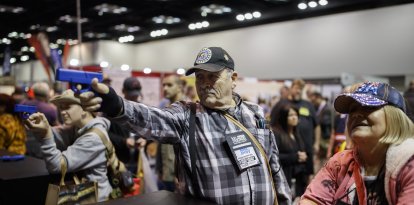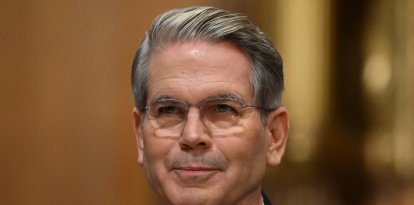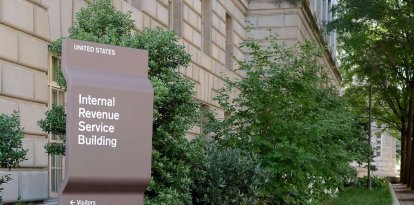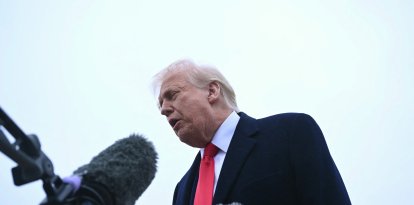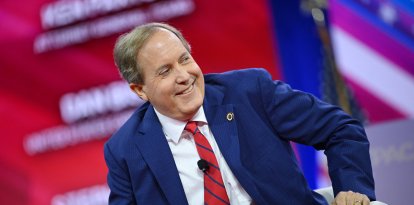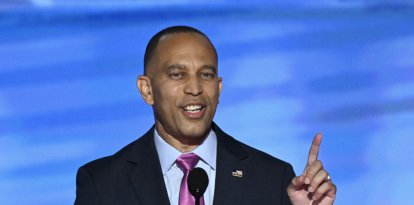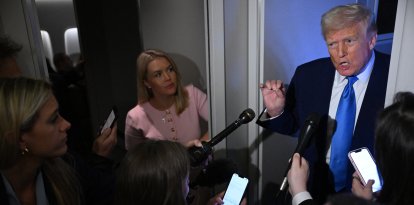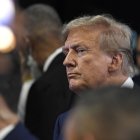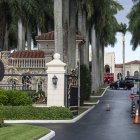Secret Service chief admits agency needs complete overhaul in how it protects presidents
Ronald Rowe's remarks come in the wake of the second assassination attempt on Donald Trump in two months.
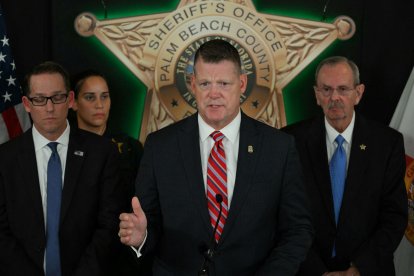
Ronald Rowe, acting director of the Secret Service
Ronald Rowe, acting director of the Secret Service, admitted the agency needs a complete overhaul in how they protect presidents a day after the second assassination attempt against Donald Trump in two months.
Rowe's comments come at a crucial time for the nearly 160-year-old agency, amid staffing shortages and budget problems.
"Coming out of Butler, I have ordered a paradigm shift," Rowe said at a news conference Monday, referring to the first assassination attempt on Trump in July during a rally in Pennsylvania. "The Secret Service's protective methodologies work and they are sound, and we saw that yesterday."
However, he added that "we [the agency] need to get out of a reactive model, and get to a readiness model."
The startling admission from the acting head of the federal agency comes at a time when the Secret Service is under intense scrutiny since a shooter managed to fire several shots at Trump.
The president suffered a shot to the ear at the hands of shooter Thomas Matthew Crooks, who was shot dead by a Secret Service agent during his attack.
In the attack against Trump, a supporter of the president, a family man and firefighter, was killed; and two other people were wounded.
The attack on Trump in Butler, Pennsylvania, was described by security experts as the biggest Secret Service security failure since President Ronald Reagan was shot and wounded in 1981.
However, Sunday's incident - where a man allegedly tried to make an attempt on Trump's life while he was playing golf at his Palm Beach course - has generated some praise for the embattled agency, as an agent managed to quell the threat when he spotted the tip of a rifle sticking out of some bushes outside the course, security officials said.
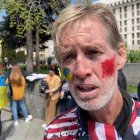
Society
Defendant in Trump assassination attempt faces federal firearms charges
Verónica Silveri Pazos
The agent's action forced Ryan Wesley Routh, 58, to flee from the bushes where he was hiding, leaving behind an AK-47 and a GoPro camera. According to new information, the man was hiding in place for nearly 12 hours before he was detected by the officer.
Routh was arrested Sunday afternoon after a witness identified him and notified authorities of his escape from the location. The witness provided not only his testimony, but also a photo of the vehicle the suspect used to flee. He was charged with several federal firearms-related offenses.
In the wake of the event, the Trump campaign requested increased security from the Secret Service on Monday morning. It is not yet known whether the agency responded to the request, but Rowe said he spoke with the former president stressing that the candidate is aware of the levels of protection afforded to him.
"I’ve had a conversation with the former president," Rowe said. "The president is aware that he has the highest levels of protection that the Secret Service provides."
"We constantly evaluate based on threat," he added. "If we need to ratchet it up additionally, we will."
Trump also thanked the Secret Service for its work during the second assassination attempt at the golf course in Florida.
"I would like to thank everyone for your concern and well wishes - It was certainly an interesting day! Most importantly, I want to thank the U.S. Secret Service, Sheriff Ric Bradshaw and his Office of brave and dedicated Patriots, and, all of Law Enforcement, for the incredible job done today at Trump International in keeping me," the former president said in a post on his social networking site Truth Social.
However, some security experts questioned the Secret Service's work over the fact that a man with an AK-47 managed to position himself near the former president and remain hidden for a long time.
"That to me is really unsettling," Evy Poumpouras, a seasoned former Secret Service agent who protected several presidents, including Barack Obama and George W. Bush, told MSNBC. "How did he get there, take that position for 12 hours and nobody saw that? Nobody did a perimeter sweep?"
RECOMMENDATION
